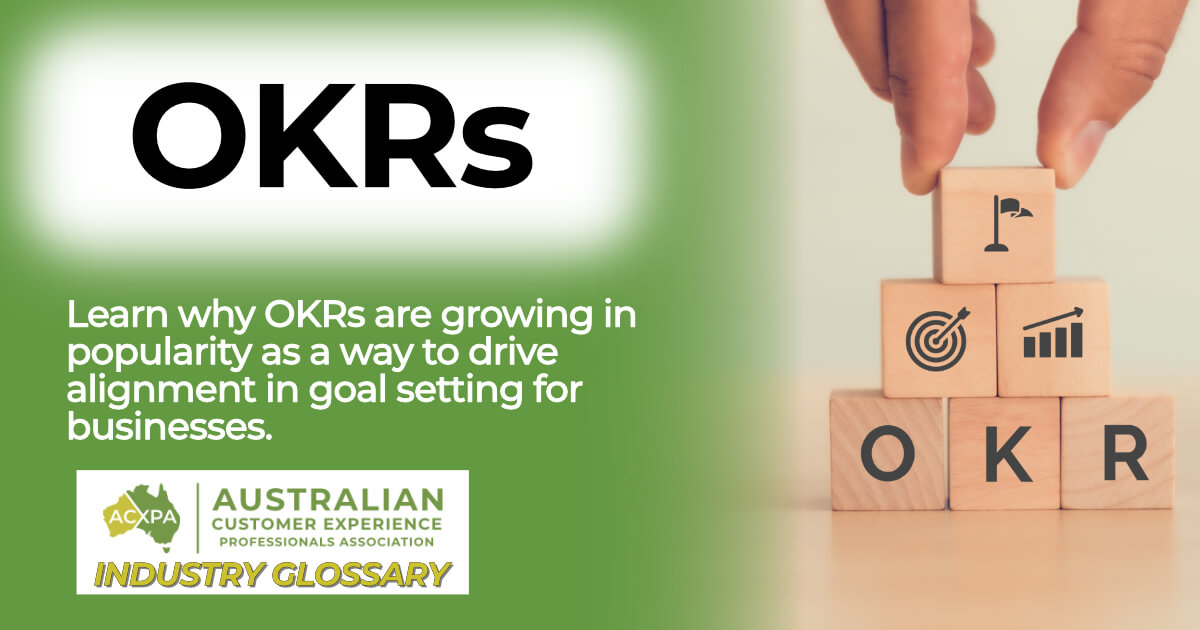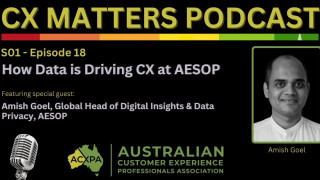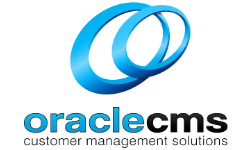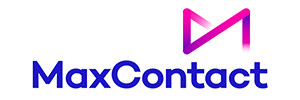What are OKRs?
Setting clear objectives and tracking progress is crucial for organisational success in today’s fast-paced business environment.
Objectives and Key Results (OKRs) have emerged as a powerful framework for goal setting and performance management for individuals, teams and organisations.
In this glossary term, we’ll explore the definition of OKRs, delve into their benefits, and provide real-life examples of how organisations have leveraged OKRs to drive growth and achieve remarkable results.
Definition of OKRs
OKRs are a goal-setting methodology designed to align teams and individuals with the broader objectives of an organisation.
Coined by Andy Grove at Intel, and popularised by John Doerr, OKRs establish ambitious objectives and measurable key results that serve as a roadmap for success.
Objectives represent the desired outcomes, while Key Results define specific, measurable actions that indicate progress towards those objectives.
Doerr’s formula explains the structure of an OKR well:
I will (Objective) as measured by (this set of Key Results).
So, as the name implies, OKR has two components, the Objective and the Key Results:
Objectives are memorable qualitative descriptions of what you want to achieve. Objectives should be short, inspirational and engaging. An Objective should motivate and challenge your team.
Key Results are a set of metrics that measure your progress towards the Objective. You should have a set of 2 to 5 Key Results for each Objective.
Be Ambitious with your OKRs!
The philosophy behind OKRs is that they are too easy if you always reach 100% of the goals.
Instead, OKR targets bold, ambitious goals.
Besides aspirational objectives, OKR should be a challenging goal that forces a rethink on how to reach peak performance.
They are often referred to as stretch goals, with the usual recommendation that you only should achieve 60-70% of them on average.
Benefits of using OKRs
There are many benefits to using OKRs which have seen them grow in popularity in recent times.
Five key benefits of using OKRs are:
1. Clarity and Focus
OKRs provide clarity by setting clear objectives, enabling everyone to understand what needs to be achieved.
They focus efforts on high-impact goals, aligning teams and individuals towards shared priorities.
2. Alignment
OKRs foster alignment across different departments and teams.
When everyone works towards common objectives, collaboration improves, silos are broken down, and synergy is created, leading to a more cohesive and efficient organisation.
3. Measurability and Accountability
OKRs emphasise measurable key results, enabling progress tracking and accountability.
The quantifiable nature of key results ensures that progress is visible, promoting a sense of achievement and driving motivation.
4. Adaptability
OKRs encourage adaptability and agility in goal-setting.
As priorities shift or new opportunities arise, OKRs can be adjusted to accommodate changes, ensuring that efforts remain aligned with the organisation’s evolving needs.
5. Transparency and Communication
OKRs promote transparency and open communication within an organisation.
By sharing objectives and key results across teams, individuals gain a better understanding of each other’s priorities, fostering collaboration and knowledge sharing.
Examples of OKRs in Action
What are examples of OKRs? Glad you asked!
Sometimes it’s easier to learn a new concept when you can see examples as used by others:
Objective: Enhance User Experience Key Results:
- Increase customer satisfaction rating by 15%
- Reduce average page load time by 20%
- Improve mobile app rating to 4.5 stars
Airbnb
Objective: Expand Global Market Share Key Results:
- Achieve 50% increase in international bookings
- Launch operations in 10 new countries
- Increase revenue from international markets by 40%
SpaceX
Objective: Revolutionise Space Exploration Key Results:
- Successfully launch and recover 10 reusable rockets
- Achieve a record-breaking payload delivery of 100,000 kg
- Conduct manned mission to the International Space Station
Example of an OKR for Customer Experience (CX)
When using OKRs to drive great customer experiences, it could be easy to have an objective such as “Deliver Awesome Customer Experiences.”
But without measurement, how do you know you deliver an excellent customer experience?
That’s where the Key Results come in.
There are lots of measures for CX, including Net Promoter Score, Customer Effort Score, Repurchase Rate, Retention Rate etc.
If you only set your Key Results to NPS and repeat purchases, it could send the wrong message and drive the wrong behaviour.
For example, if you tell your employees that keeping the customer happy (to drive your NPS score) to make sure they repurchase is the only thing they have to worry about, your employees may then decide to provide products for free or at a heavily discounted price which I’m sure is not the impact you’re after…
But if you also included a countermeasure such as Customer Acquisition Cost, it means you want to make your customers happy, whilst keeping the costs under control.
So the OKR for driving great customer experiences, and improving company profitability might be:
Objective: Deliver Awesome Customer Experiences
Key Results (i.e. how are you going to measure it):
- Improve Net Promoter Score from X to Y.
- Increase Repurchase Rate from X to Y.
- Maintain Customer Acquisition cost under Y.
FAQs about OKRs
What is the difference between OKR and KPI?
OKRs require you to identify both your target and the metrics that will help you stay on track. Key Performance Indicators (KPIs) are focused only on tracking your progress — think of them as signals that you’re heading the right way.
How are OKRs different from smart goals?
This is almost an article in itself but in simple terms, SMART goals (specific, measurable, achievable, relevant, and time-bound) are more inspirational/aspirational are can be quite broad where SMART goals are typically focused on single metric.
Upcoming ACXPA Member Bites Sessions
Short, sharp interviews and presentations on specific topics to fast-track your knowledge!
The ACXPA Member Bites are only available to ACXPA Members!
ACXPA Members can watch all the ACXPA Member Bites at any time in their Video Library. Discover which membership is right for you >

IVR Best Practice
Over 90% of contact centres are using an IVR (Press 1 for this, press 2 for that), and we've encountered many contact centres with over four layers of options for customers to select from. In this session, Nadine will be sharing some best practice tips on IVR design for 2024.
Presented by Nadine Power, Client Success Manager, VERSA Connects (and ACXPA National Advisory Board Member)
More sessions announced soon!
(If you're interested in speaking at one of our events, click here to learn more >)


















